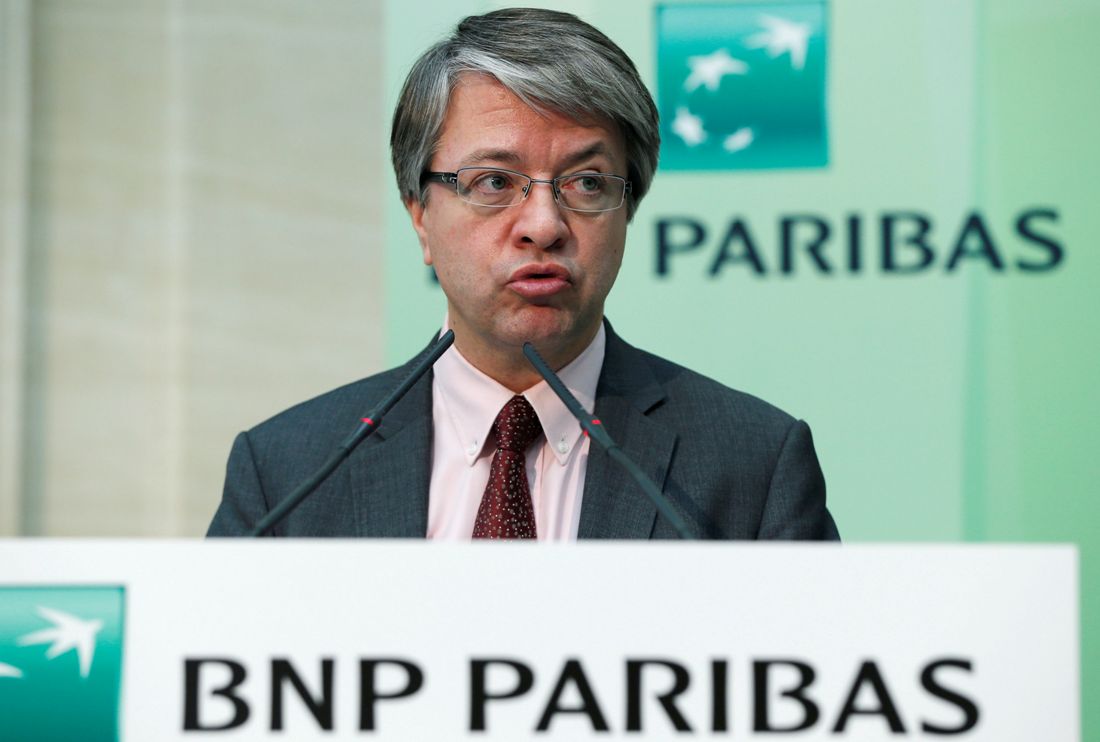United States bank regulators are descending deep into the plumbing of the financial system as they seek the most fitting punishment for the giant French bank now in the cross hairs of the law enforcement authorities.
The US is seeking more than $10 billion to resolve a criminal probe into allegations that the French bank evaded US sanctions against Iran, Sudan and Cuba. The multibillion dollar figure would put the fine among the largest penalties ever imposed on a bank and is far higher than what BNP has provisioned for.
The US Justice Department and BNP are reportedly currently discussing whether the French banking giant, as part of its punishment, would be temporarily denied the right to transfer money into and out of the United States – a central part of any foreign bank’s business dealings in the US.
The U.S. has brought at least 22 cases against financial firms since 2009 for doing business or handling funds linked to sanctioned countries, according to announcements on government websites. Most of those cases targeted overseas banks, with less than $90 million in fines imposed on U.S. firms. The largest such settlement was in 2012, when HSBC Holdings Plc reached a $1.9 billion deal to resolve charges it handled transactions for customers in sanctioned nations and enabled drug cartels to launder funds.
France has been pressing the US over the size of the fine, which could almost wipe out BNP’s entire 2013 pre-tax income of about 8.2 billion euros ($11.2 billion). The normally reticent governor of the Bank of France has said that BNP had complied with all European and French laws. But BNP’s activities in the United States are extensive.
The French foreign minister acknowledged that if a bank violated the law, a punishment is appropriate. But Laurent Fabius warned that any “disproportionate” punishment could hold up a Transatlantic Free Trade Agreement. His comments were amplified first by the finance minister, then by the president himself.
“It has an impact on the French economy – it has an impact on the European economy,” Hollande told reporters Thursday morning.
“This case could be a trigger for countries whose big international banks are likely to be affected by American actions in their turn,” French Mister of Finance Michel Sapin told Le Monde.
“It’s kind of a worrying trend that the two sides aren’t talking to each other in terms of financial regulation,” said Garrett Workman, an analyst with the Atlantic Council.
As the Associated Press notes, “In Europe, many see the case as yet another sign of dollar imperialism — the US using its economic clout and international currency dominance to force foreign institutions to bend to its law.”
The US economic policy undermines property rights. If there are dollars on your account, it does not mean that these dollars are yours. You can only use these dollars according to the regulations of the US federal government. If you try to use dollars in the way you need it but not in the way prescribed by the government, you will be penalized. So, all the people and private organizations are only users but now owners of dollars.


